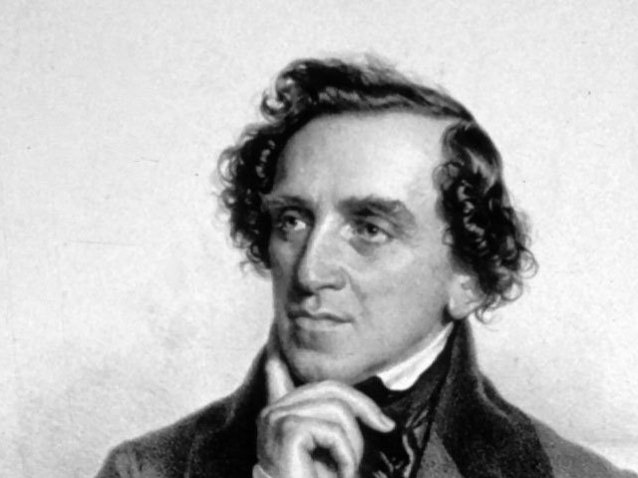


Giacomo Meyerbeer
Short a cappella pieces
Duration: 3'
Solos:
medium voice
Giacomo Meyerbeer’s forgotten treasures
Edited by musicians for musicians
Director: Andrea Chudak
A long-time acquaintance of Giacomo Meyerbeer was Charlotte Birch-Pfeiffer (1800-1868); a rather amusing correspondence between the composer and the lively actress and author has been preserved. Among other things, it shows that Birch-Pfeiffer held a private reading of her new play "Der Goldbauer“ (The gold farmer) - a rural drama, on 29 December 1860, at which Meyerbeer was present. The author presumably took this opportunity to ask the composer to write two songs for her play. Meyerbeer set to work from the third of January, resulting in the two a cappella songs "Juchhe, Juchei" for the role of Falkentoni and "Mein Bue, du hast Augn" for the role of Vroni. The play premiered on 31 January 1861 at the Königliche Schauspielen Berlin. Meyerbeer's encounter with the actor Emil Herrmann Karlowa, with whom he rehearsed the solo song, resulted in two further versions of "Juchhe, Juchei": firstly, an edition with piano accompaniment, conceived for the musical salon - this work is currently considered to be lost. Another version was written for male choir, with identical text. The choral piece will also appear in this edition. The two a cappella songs republished here were found in Charlotte Birch-Pfeiffer's estate at the Deutsches Theatermuseum in Munich.
In 1853, the small 12-bar canon "Dominus Vobiscum" was written based on a text by the writer and journalist Jules Janin, who was part of Meyerbeer's network. The librettist Eugene Scribe wrote four of his verses in Meyerbeer's pocket diary on the third of February 1853. One day later, Meyerbeer noted in his diary: "I set these (verses) to music for two voices in free imitation and immediately wrote them into Offenbach's album.“
These three pieces are world premiere recordings by Andrea Chudak
(soprano) and Tobias Hagge (bass) on the double CDs "Meyerbeer:
Romances, Songs, Ballads" and "Meyerbeer: vocal".
This works were out of print and considered lost.
